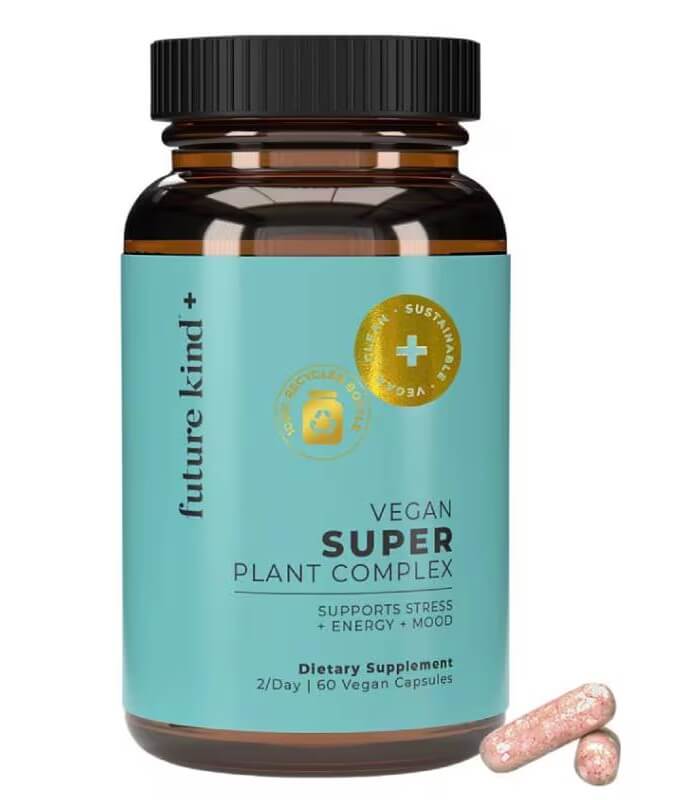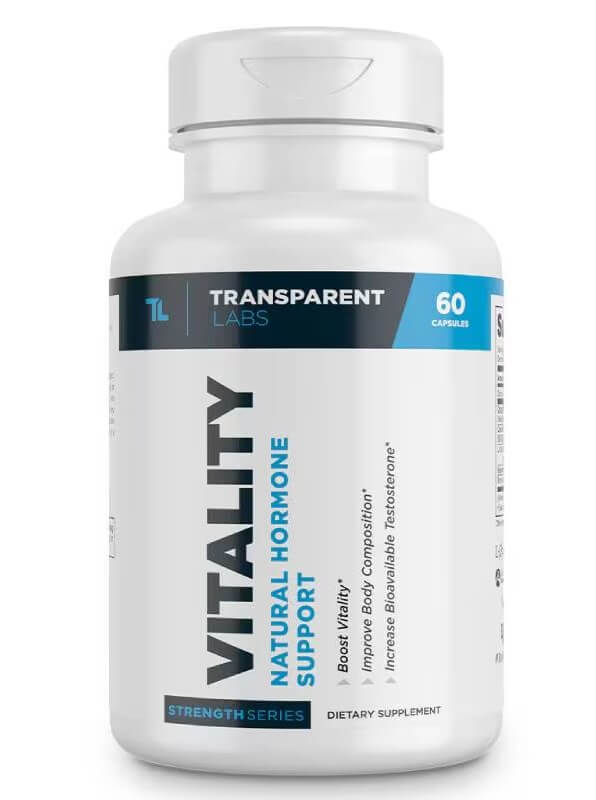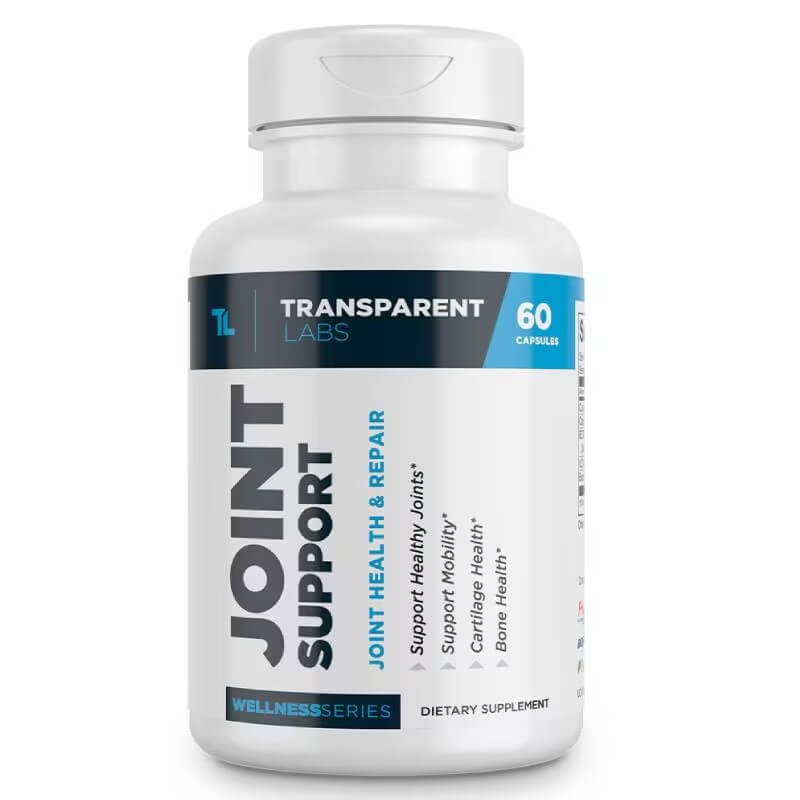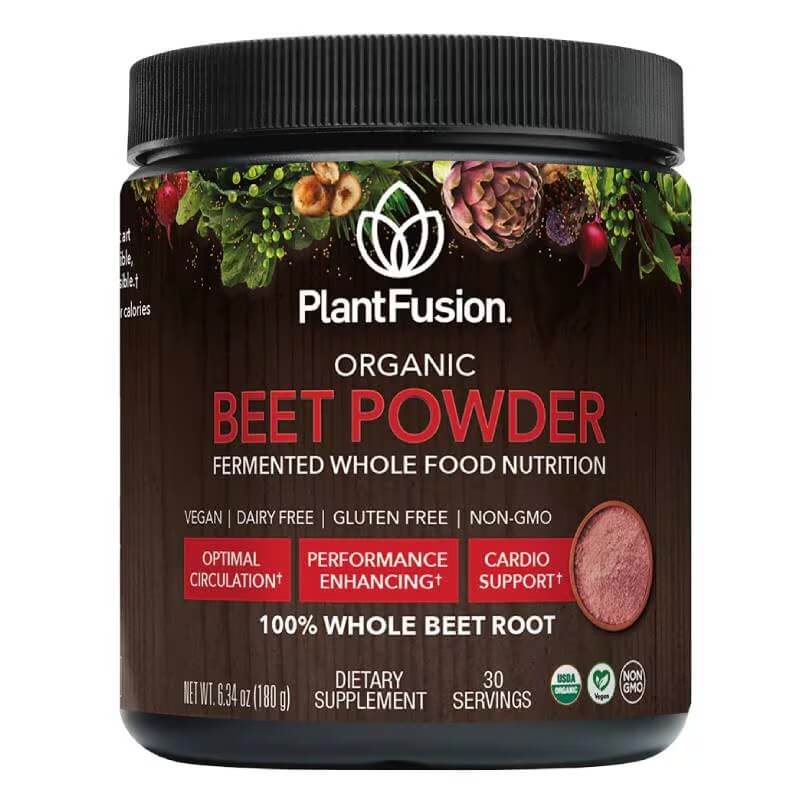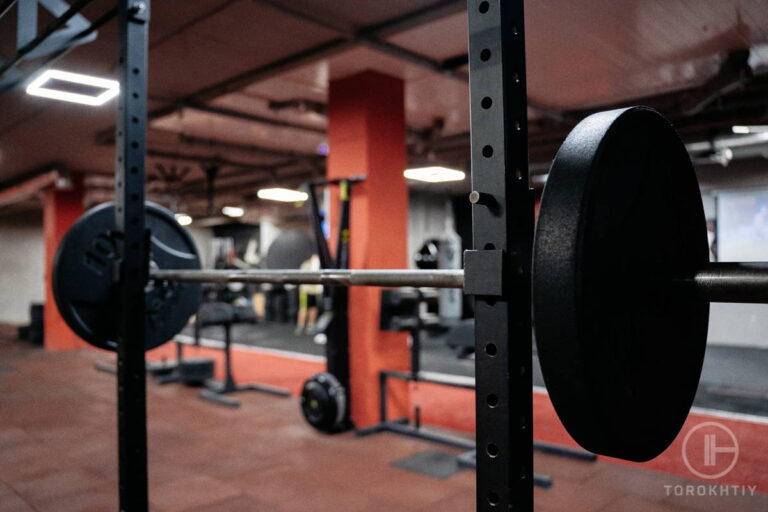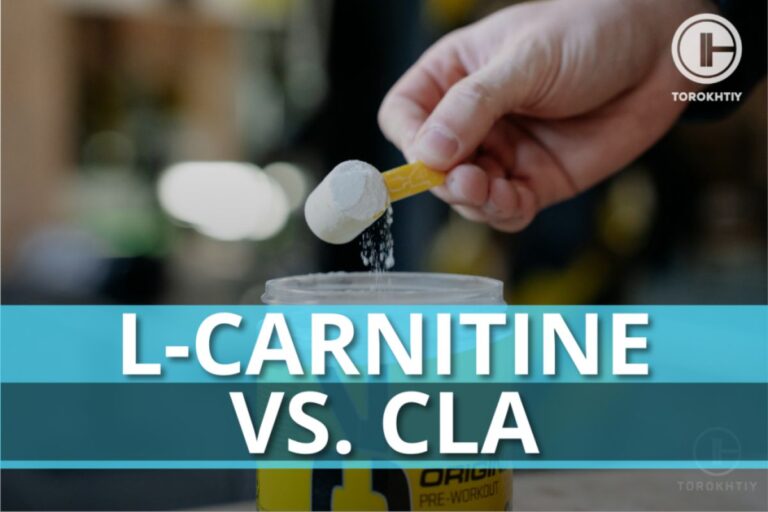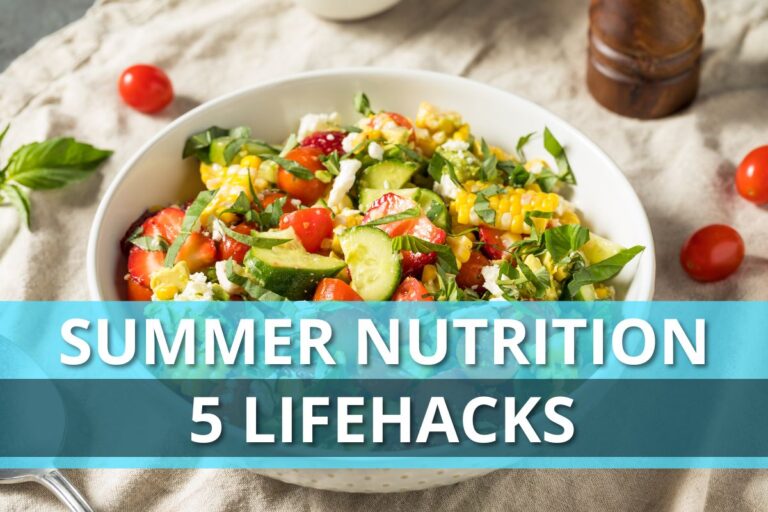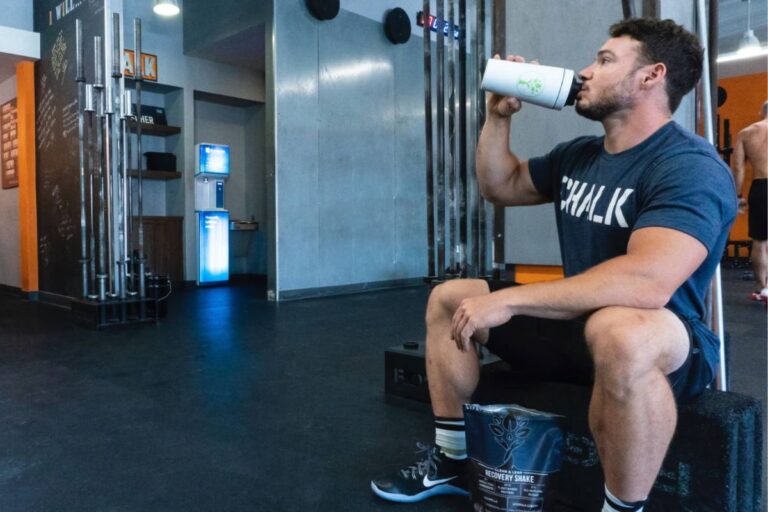Herbs for Muscle Recovery, Performance and Health
Are you tired of experiencing muscle soreness and fatigue after your training sessions? Maybe you got inspired by “Crouching Tiger, Hidden Dragon” and looking for some potent herbs? If the answer to one of these questions is – yes, although we don’t have Chinese herbs for muscle recovery on our list – you are in the right place. We will explore herbs that enhance performance, muscle repair, and reduce pain. Let’s go…
Beetroot, curcumin, ashwagandha, rhodiola rosea, and tongkat ali can work wonders in promoting muscle repair, reducing soreness, and improving overall performance and well-being.
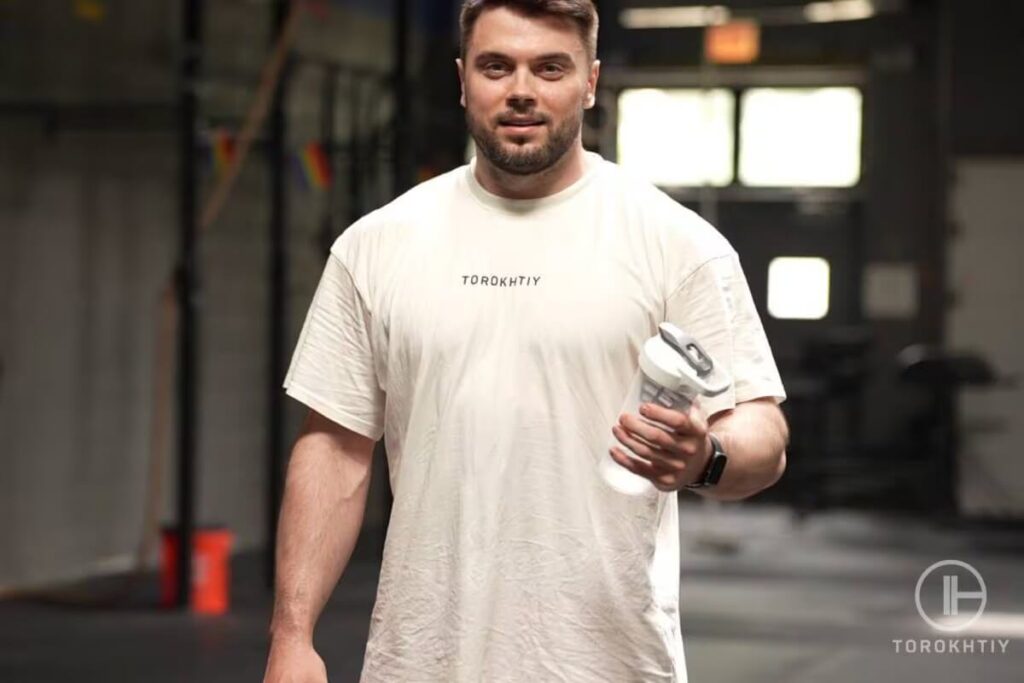
Herbs for Muscle Recovery and Performance
1. Beetroot Extract
Beetroot (Beta vulgaris) is not really a herb like others in our list but we know why you are here 🙂 So we decided to put it in because of its extraordinary properties and simply you can take the beetroot extract as a supplement in the form of the capsule like other supplements in our list.
Reason why we put it here is because it is a root vegetable that is quite rich in nitrates. If you ever wonder why athletes eat beetroots, drink beetroot juice or take beetroot extract as a pre-workout, or at least a part of it, it is because they want to increase their nitrate (NO3-) and nitrite (NO2-) levels. This results in higher nitric oxide (NO) production which acts as a vasodilator, improving blood flow and nutrient delivery to working muscles and as a result – improving exercise performance.
That is the reason why beetroot extract can work. Additionally, nitric oxide improves muscle contraction and cellular energy efficiency, allowing you to train longer.
Studies have shown that short-term beetroot supplementation can accelerate the recovery and reduce muscle soreness after hard exercise. Some studies show that it can also improve power output in trained cyclists, allowing them to get faster times in time trial tests.
Furthermore, beetroot supplementation has been found to increase muscle strength in older adults, probably because of enhanced blood flow during exercise. Which absolutely makes sense and makes it a nice choice if you are looking for herbs that increase strength.
Nitric Oxide helps to regulate free radicals levels, which means it can help protect your cells from damage. NO can reduce muscle soreness and help your heart rate, blood pressure, and oxygen levels get back to normal faster.
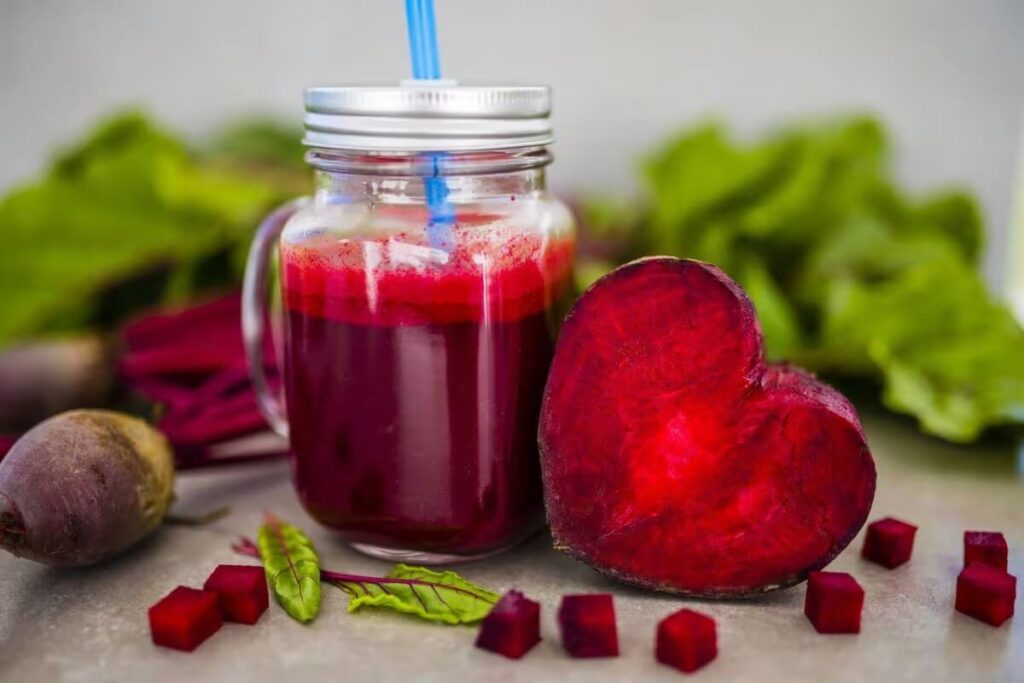
2. Ashwagandha
Ashwagandha (Withania somnifera) is an adaptogenic herb that grows in cold climates. It became popular for its benefits in supporting brain and body function.
The main benefits of ashwagandha supplementation that we will cover – the ones that are scientifically proven – are associated with its adaptogenic properties, which help to reduce stress and fatigue, improve mental performance, especially under more stressful conditions.
Research on ashwagandha showed some abilities to decrease fatigue and exhaustion in prolonged stressful situations. Supplementation with ashwagandha can reduce cortisol levels – the stress hormone, and improve total sleep time and (probably more important for most people) sleep quality in people with and without insomnia.
Aside from its abilities as a stress relief supplement, ashwagandha research has shown some promise in cardio-respiratory and musculoskeletal performance. It may improve immunity, both women’s and men’s, sexual health. Unfortunately more research is needed to draw definitive conclusions.
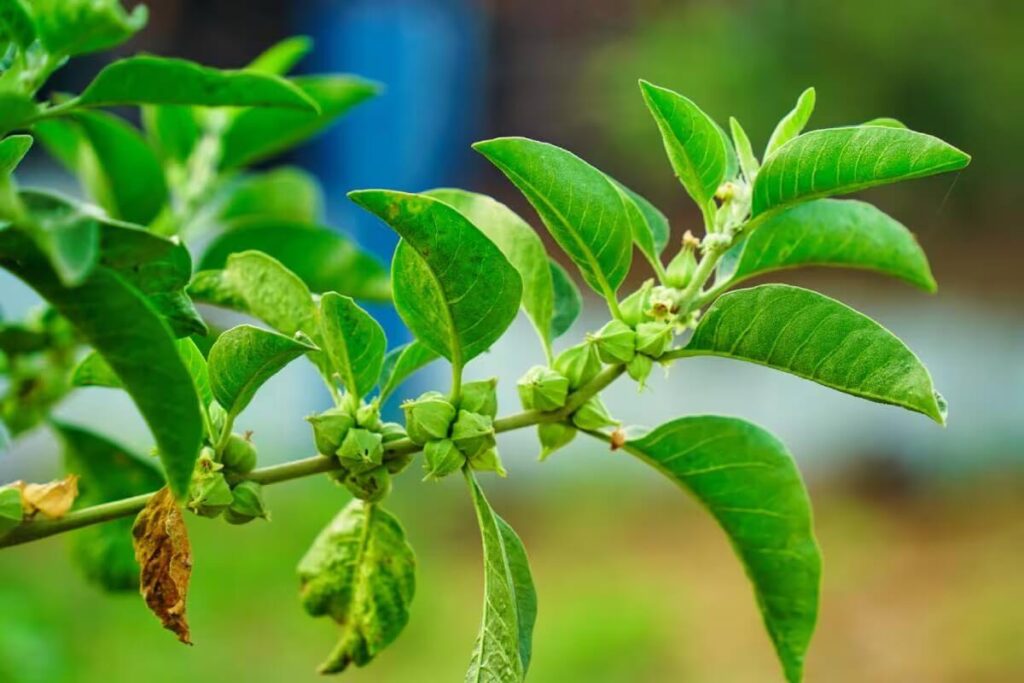
3. Rhodiola Rosea
Rhodiola Rosea, commonly known as rhodiola, is an adaptogenic herb that like ashwagandha grows in cold climates. Recently it has become more popular in sports nutrition because of its effects like reducing fatigue and exhaustion.
The main benefits of rhodiola are connected to its adaptogenic properties – cortisol (our stress hormone) management – which include stress and fatigue reduction, and potential improvements in mental performance. However aside from sports nutrition It has been used as a medicine for centuries to promote healing and stress relief.
What studies have shown is that rhodiola rosea supplementation can actually decrease cognitive fatigue, improve motor skills, focus, reaction times, and overall happiness. It has also been associated with potential anti-aging and longevity promoting properties in preclinical studies with organisms such as fruit flies, worms, and yeast :). However, humans fortunately are not worms so more research is needed to confirm these effects on us.
Rhodiola’s ability to decrease fatigue and improve well-being has quite strong research support. It may also have other potential benefits like reducing depression and increasing longevity but again more studies are needed to confirm these effects in humans – fingers crossed.
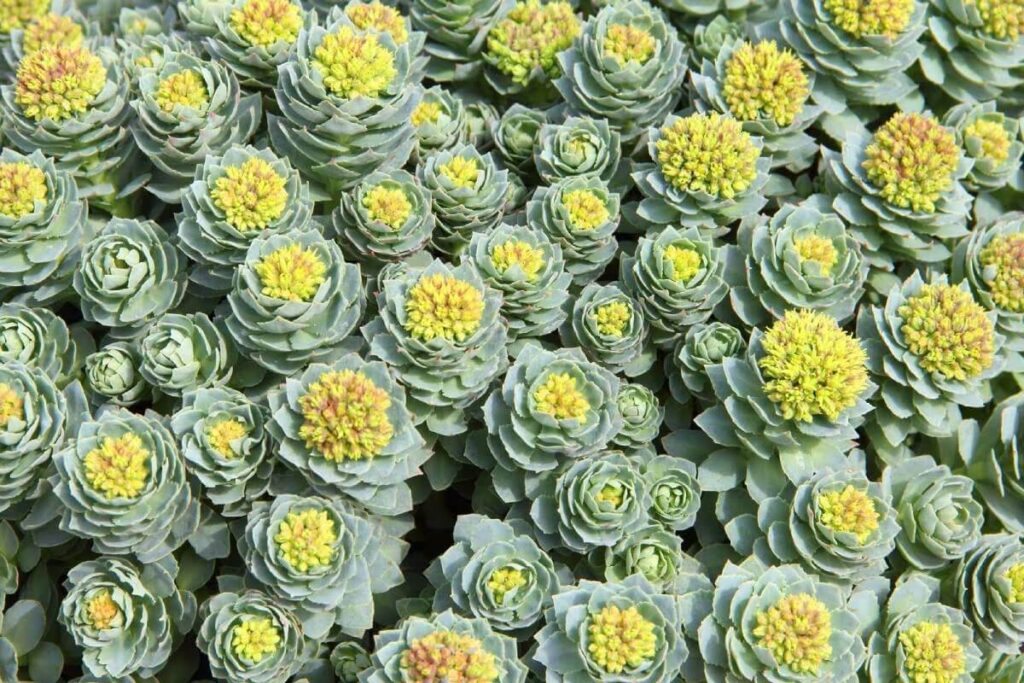
4. Turmeric/Curcumin
Turmeric (Curcuma longa) is a spice probably used by most (if not all) of us in cooking. Part of it, the chemical (diarylheptanoid for our biochem geeks) that makes it yellow – curcumin, has been well studied for its potential health benefits like anti-inflammatory and antioxidant properties.
The anti-inflammatory benefits of curcumin help to reduce pain, especially with post-operative and arthritic pain. It can decrease various markers of inflammation and increase levels of antioxidants. There is a chance that curcumin may protect DNA from damage – when exposed to harmful compounds (DNA not Curcumin:)).
Curcumin has been associated with potential anti-cancer benefits, thanks to its connection to a process called autophagy, which selectively kills damaged cells.
Research shows that folks who regularly include curcumin in their diet have a lower risk of developing colorectal, prostate, and breast cancer, which basically tells us that both men and women can benefit from taking curcumin supplements.
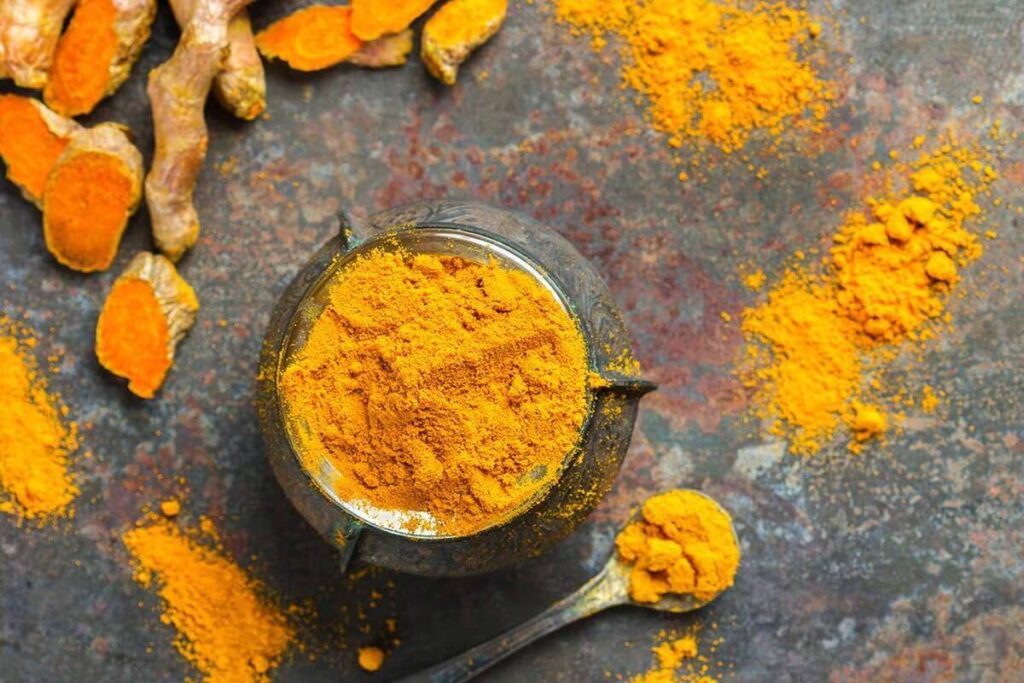
5. Tongkat Ali
Tongkat Ali (Eurycoma longifolia) is an herb that grows in Indochina and Indonesia. To some of us it might be more known as longjack.
The extract from the roots has been traditionally used to raise testosterone levels in men, and it has also been proposed to have potential benefits in reducing blood pressure, fever, and fatigue. Definitely more research is needed tho.
Tongkat Ali has become more popular recently, for its supposed ability to raise testosterone levels, particularly in men with low testosterone. A systematic review and meta-analysis of studies on Tongkat Ali supplementation found that it significantly increased testosterone levels when supplemented at doses ranging from 100-200mg to 600mg daily, for durations between 2 weeks and 12 weeks.
However, publication bias was noted in some studies so still more research is needed. Takeaway is that while Tongkat Ali may raise testosterone levels in men with low testosterone, it may or may not provide the same benefits for folks with normal or high testosterone levels.
In terms of physical performance, some studies have shown that Tongkat Ali supplementation may have potential benefits. For example, a study on older men and women aged between 57 and 72 found that five weeks of Tongkat Ali supplementation improved handgrip strength – which is considered as a biomarker of muscle function.
However, a separate study combining Tongkat Ali with a resistance training program found no significant advantage in muscular strength and power compared to resistance training alone.
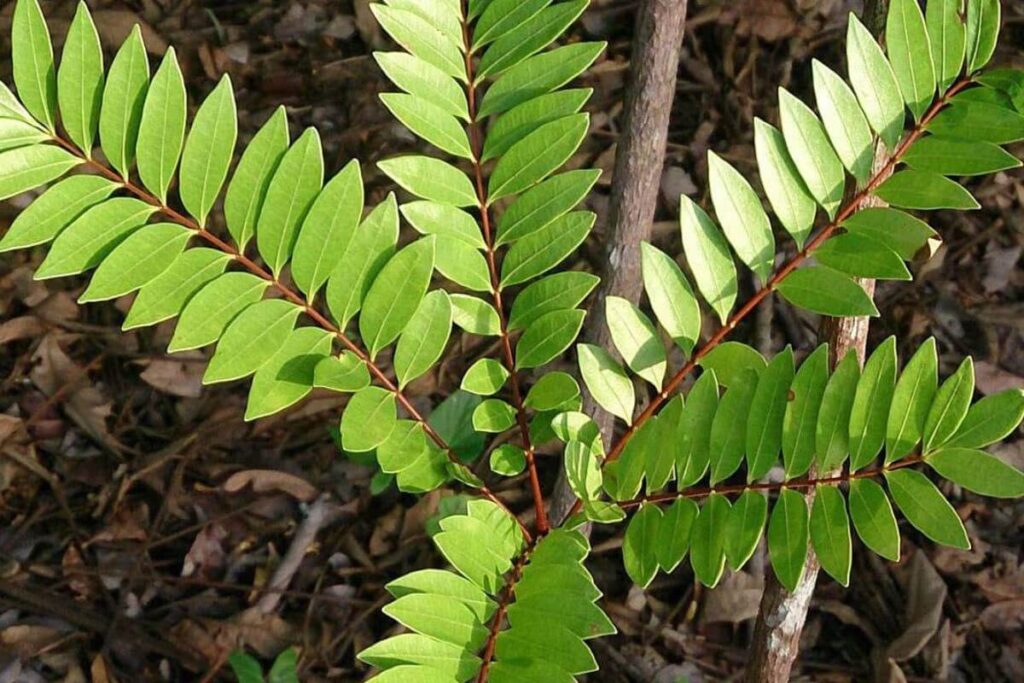
We can see that Tongkat Ali has also been associated with other potential benefits, such as improving erectile function and alleviating symptoms of erectile dysfunction. There is a chance that it may also enhance sexual function and well-being, as well as improve fertility in men.
However, the evidence for these effects are limited (yet!), and obviously more research is needed.
In summary, Tongkat Ali is basically known for its potential to enhance testosterone levels and most of the benefits of its supplementation will be directly or indirectly connected to that effect – higher testosterone levels.
Although some studies have shown that it may offer performance benefits in some situations, such as reducing muscle soreness and improving recovery time – definitely more research is needed to fully understand its effects on muscle strength and performance.
While curcumin and ashwagandha may offer long-term benefits, note that the benefits of beetroot extract might only be relevant for athletes, although betaine, present in beets, shows some promising results as well.
Rhodiola however in our opinion should be used in specific situations rather than consistently because cortisol is not as bad as people think it is and cortisol suppression is not always a good idea. There is time and place for everything.
We can’t say this enough – the dose makes the poison so it’s always a good idea to talk to your doctor or a nutritionist before taking any new supps. They will make sure that the herbs are safe for you and that they won’t interact with your medications. They might also help you find the right dose and form of the herb for your needs.
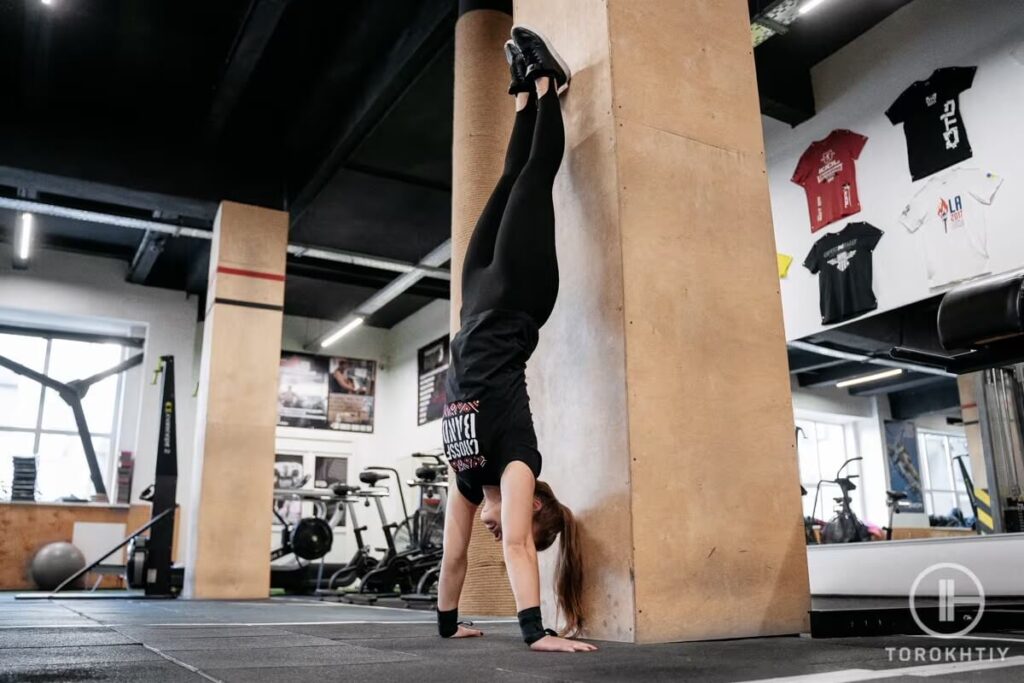
Main Influence of Herbs on Muscles and Hormones: Restore, Pain Relief and Help in Building Muscles
1. Restore
Beetroot extract can be used as a source of nitric oxide (NO). Nitrate content in beetroots promote vasodilation – widening of blood vessels – improving blood flow (for you it matters because of improved delivery of oxygen and nutrients which can also improve performance) to muscles and reducing fatigue and soreness in muscles after workout.
Additionally, beetroot’s antioxidant properties can help in muscle recovery.
Thanks to betaine content, beetroot extract can help maintain cellular hydration, which is crucial for athletes, and regulate homocysteine levels in the body – note that elevated homocysteine is associated with cardiovascular risks.
Studies have shown that nitrate supplementation from beetroot juice can enhance muscle strength in older adults. Improved blood flow, we talked about already, to working muscles during exercise may partly explain why it can improve muscle strength.
Ashwagandha reduces inflammation and can be a great choice if you are looking for herbs for muscle repair. Mainly thanks to cortisol regulating effects, ashwagandha can help lower stress related muscle tension and pain.
Ashwagandha, is classified as an adaptogen – which basically means it helps the body adapt to stress and balance some physiological processes. When used correctly, its anti-inflammatory properties can help to reduce inflammation in muscles after workouts, resulting in… faster recovery.
Ashwagandha’s adaptogenic properties support reducing the negative impact of stress on the body and mind, whichhttps://torokhtiy.com/blogs/reviews/best-muscle-recovery-supplements can directly or indirectly improve exercise performance.
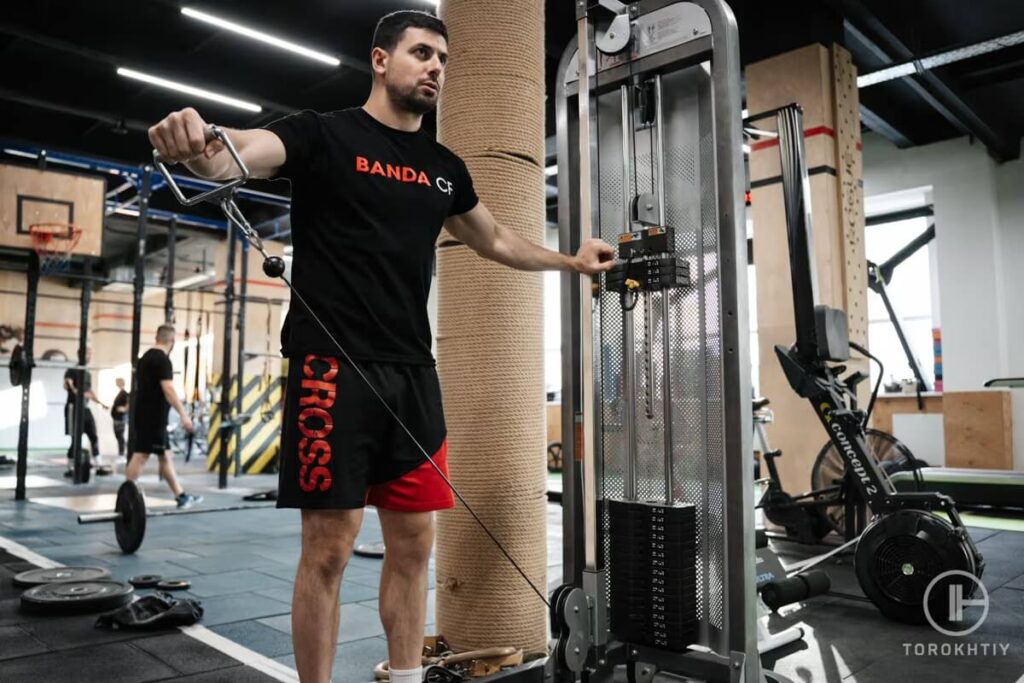
2. Relief in Pain and Muscle Spasms
Curcumin, thanks to its anti-inflammatory effects, is a great choice if you are looking for herbs for muscle pain and spasms. Its antioxidant properties can help to reduce inflammation and oxidative stress in the body, which, as we already know, can be beneficial for muscle recovery after intense exercise.
Muscle soreness and pain after exercise are often caused by inflammation and oxidative damage (some other stuff as well but we won’t cover it today) to muscle tissue. Looking for herbs for muscle weakness?
Curcumin’s anti-inflammatory effects might help lower muscle pain and reduce swelling, resulting in faster recovery. Curcumin’s antioxidant properties help to neutralize harmful free radicals produced during intense exercise.
3. Help in Building Muscles
Looking for herbs for muscle growth? Rhodiola rosea might help with stress management, reduce fatigue, and improve mental performance.
Rhodiola rosea as well is an adaptogenic herb. Reducing stress and fatigue, and increasing mental performance are probably the main benefits that you might be looking for. In athletes, rhodiola rosea may help improve endurance and reduce perceived exertion – RPE – during training.
Additionally, studies in some organisms like worms and fruit flies 🙂 have shown potential anti-aging and anti-cancer effects. As we mentioned before, more data is needed to see if humans will get the same or similar effects.
For those seeking herbs that build muscles – Rhodiola rosea and Tongkat ali might be considered as best herbal supplements for muscle growth and strength thanks to their adaptogenic and testosterone-enhancing effects.
Tongkat ali’s potential to increase testosterone levels can be useful for muscle building, especially for folks with lower testosterone levels. We know that testosterone is a crucial hormone for muscle growth, and tongkat ali may help optimize its levels, leading to improved muscle development.
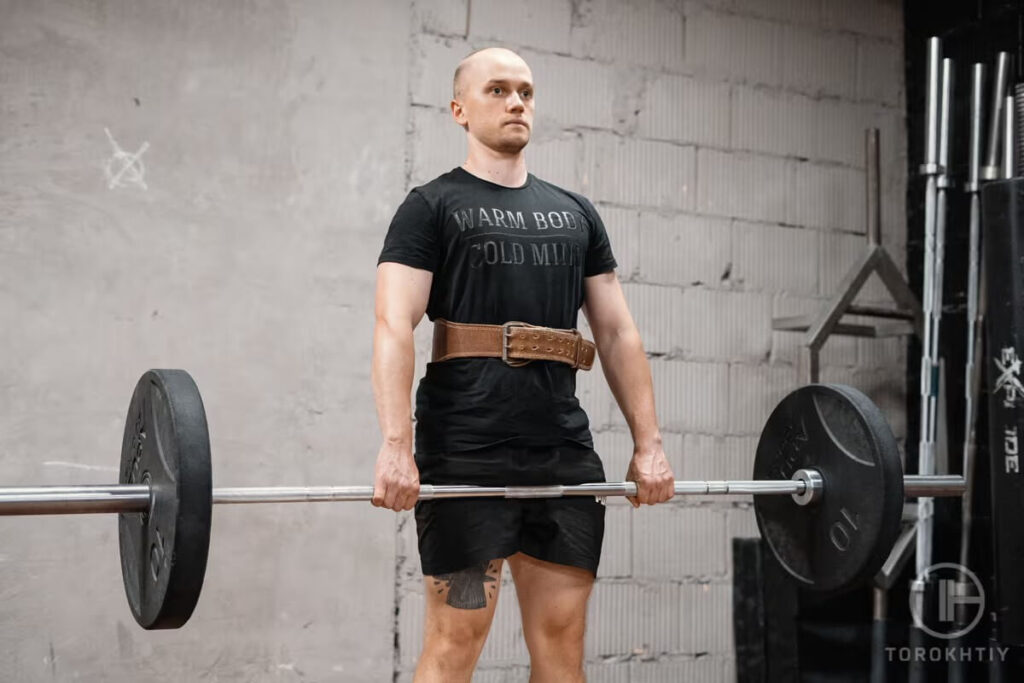
4. Usefulness and Applications
Athletes are always looking for an edge that will improve performance and these herbs can be valuable when used correctly. Herbs we covered in this guide offer multiple benefits to athletes and fitness enthusiasts – from enhancing exercise performance to promoting muscle recovery and reducing muscle soreness.
Application of these herbs in muscle recovery and performance or simply stress reduction, make them valuable additions to an athlete’s diet – but just keep in mind that no matter what you’re gonna take, there is no herb or pill (or basically anything) that will help you if there are bigger gaps in your diet/lifestyle like undereating, overeating, improper hydration, lack of sleep, lack of protein in your diet and more simple and “basic stuff” gaps 🙂
How To Choose The Best Herbs For Muscles?
As you probably already know, choosing the right herbs for your muscle recovery is important. Please consider factors like dose, form (pure or combo), and most important any potential interactions with medications or health conditions.
When selecting herbs for muscle recovery, consider the following:
Quality and Purity: Look for solid brands with good opinions that offer high-quality herbs. Avoid products with fillers or artificial ingredients.
Dose and Form: always! follow recommended dosages and choose the form that feels best for your preferences and needs.
Scientific Evidence: Look for herbs with scientific evidence supporting their benefits.
Safety and Interactions: Consult with a healthcare professional before starting any new herbal supplements, especially if you are taking medications or have underlying health conditions.
Personal Preferences: Consider your dietary preferences and lifestyle when choosing herbs, ensuring they fit well into your overall routine.
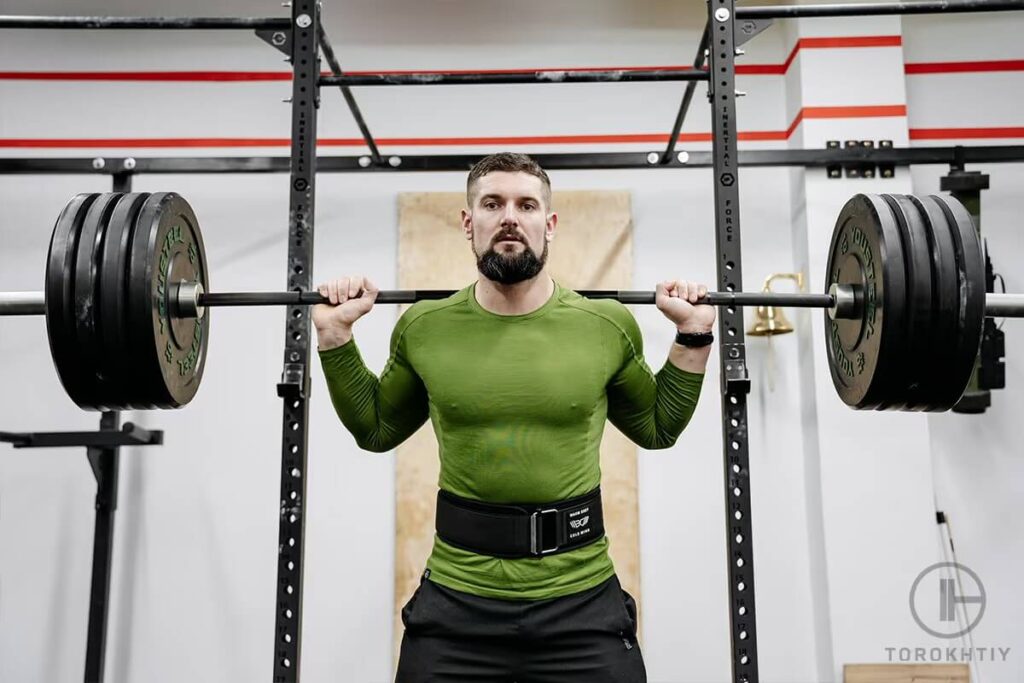
1. Best Herbs for Muscle Recovery
Beetroot Extract
Studies have shown that beetroot extract enhances physical function and muscle soreness recovery after hard training which makes it a great choice if you are looking for an herb for sore muscles. It boosts blood flow to working muscles, improving oxygen and nutrient delivery.
Beetroot extract is available in various forms, including powders and capsules. Some athletes prefer consuming beetroot juice, while others may look for standardized beetroot extract supplements.
Rhodiola Rosea
Rhodiola rosea’s adaptogenic properties contribute to faster muscle recovery and reduced cognitive fatigue after intense physical activity. Rhodiola rosea supplements are available in various extracts – mainly in the form of capsules.
Choose products that contain a sufficient amount of active compounds, such as rosavins, to make sure that the effective dose is there.
Turmeric/Curcumin
Turmeric’s anti-inflammatory benefits help to reduce muscle pain and speed up recovery between workouts – which possibly can allow you to increase the frequency of your workouts.
Curcumin supplements are available in various forms. Look for products that may contain black pepper extract (piperine) to enhance curcumin absorption. Additionally, consuming turmeric in culinary dishes can be a great way to take it.
Ashwagandha
Ashwagandha’s cortisol regulating effects and stress reducing properties may help to improve muscle recovery. Ashwagandha supplements are available in pill/capsule form with extracts or in powdered form. Capsules or tablets may be the preferred option for most folks.
Future Kind+ Super Plant Complex – Super Plant Complex is a blend of nine researched herbs including high doses two we covered in the article – Ashwagandha (500mg) and Rhodiola Rosea (50mg) which makes it a good option if you are looking for herbs for muscle recovery.
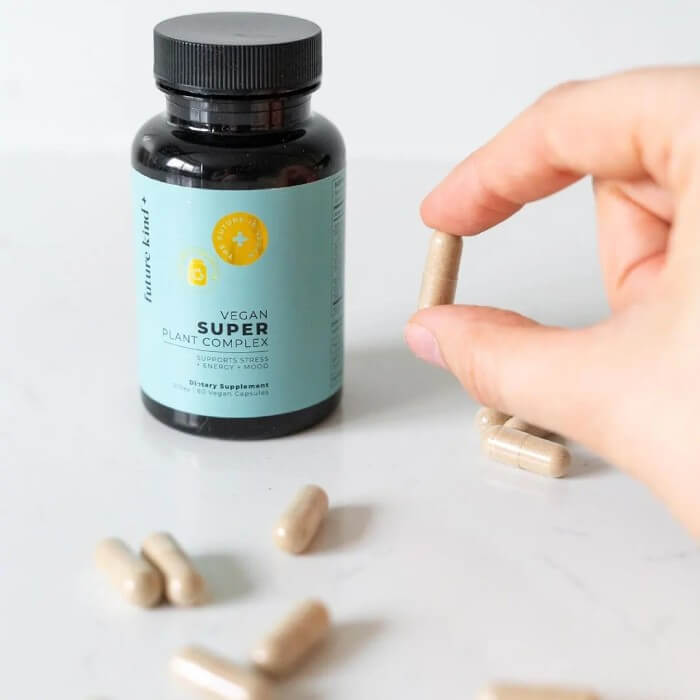
Super plant complex can help you reduce stress, boost energy and lower mental and physical fatigue. 100% vegan with no GMO’s, gluten, artificial colors or preservatives.
2. Best Herbs for Building Muscle:
Rhodiola Rosea
Rhodiola rosea’s adaptogenic effects can enhance muscle growth and improve strength by reducing fatigue and supporting recovery. Looking for Pre-workout herbs? Rhodiola rosea can be taken as part of a pre-workout drink or alone to improve endurance and performance during training sessions.
Tongkat Ali
Tongkat ali’s potential to increase testosterone levels may help to improve muscle building and performance in men with low testosterone.
Tongkat ali supplements are available in various forms, and make sure you choose products that contain extracts with high levels of active compounds – but! always follow recommended dosages – it is the dose that makes the poison :).
TRANSPARENT LABS – VITALITY – Testosterone Optimization Formula – carefully crafted supplement designed by a trustworthy company to boost muscle gains, burn fat, and enhance overall vitality. With potent ingredients like Tongkat Ali and Zinc, this formula can support testosterone production, fertility, and athletic performance.
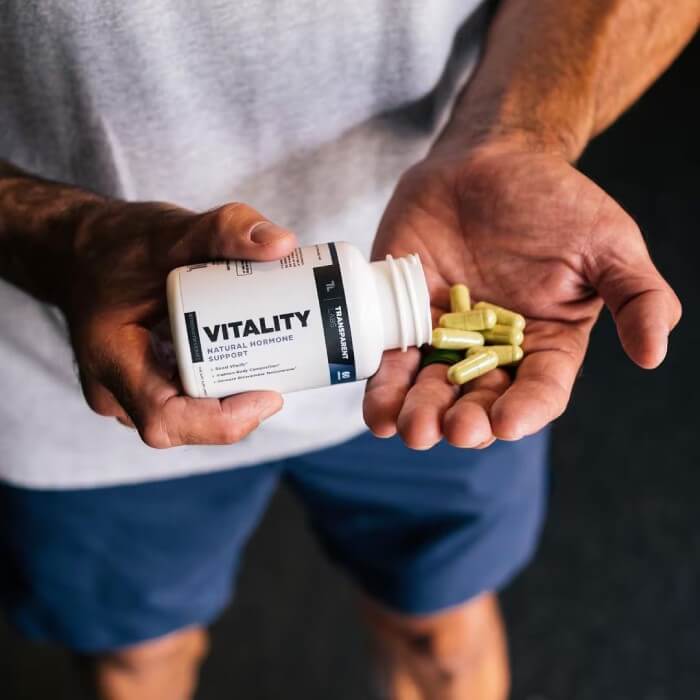
Beetroot Extract
Drinking beetroot juice or getting beetroot extract supplements with your pre-workout, may improve blood flow and nutrient delivery to muscles during exercise, resulting in improved muscle growth.
3. Best Herbs for Muscle Pain and Spasms:
Turmeric/Curcumin
Curcumin’s anti-inflammatory properties help alleviate muscle pain and reduce spasms resulting in faster recovery. Curcumin supplements are available in various forms, and its anti-inflammatory effects can help lower muscle pain and discomfort.
Transparent Labs – Joint Support – INNOVATIVE ALL-IN-ONE JOINT CARE FORMULA – Check out TL Joint Support formula – that will do more good than just supporting your joints. It’s got 5 awesome ingredients like Curcumin C3 Complex®, FruiteX-B®, Boswellin® Super, UC-II® Collagen, and Bioperine®.
It not only got 500mg of curcumin in one serving but it is combined with black pepper extract that helps absorption and bioavailability of curcumin even more – which means it’s more effective. It’s a great combo.
4. Best Herbs for Muscle Strength:
Beetroot Extract
Beetroot extract may be very beneficial as part of a pre-workout drink, helping improve exercise performance and muscle strength thanks to its ability to improve blood flow.
PLANT FUSION BEET POWDER – Check out this Plant Fusion Beet Powder! It’s like a natural performance booster in a drink mix form. It’s made from organic whole foods, so no worries about GMOs or gluten. It’s packed with nitrates that come from beets, and these nitrates turn into nitric oxide in your body.

This magic combo helps increase oxygen and blood flow to your muscles, giving you that extra boost in endurance. It might be a game-changer for your workouts and recovery. Give it a try!
Rhodiola Rosea
Rhodiola rosea’s adaptogenic properties contribute to improved muscle strength and endurance making it a good addition to an athlete’s supplement collection.
5. Can Athletes of Different Sports Take Herbs?
Yes, athletes from many sports can incorporate these herbs into their regimens, but it is crucial to consider individual needs and the specific requirements of each sport. The training, recovery, and nutritional needs are highly individual.
As you can imagine a long-distance runner, many times will need to focus on different things than a sprinter. Or folks who are trying to lose weight will need to eat differently than ones who are trying to gain some muscles (again a bit more complicated and highly individual but you get the idea).
High-intensity sports athletes or strength training folks may find herbs like beetroot and rhodiola rosea beneficial due to their potential to enhance exercise performance and support muscle recovery. These herbs can help athletes push their limits during training and competitions.
For athletes focused on muscle building and strength development, herbs like rhodiola rosea and tongkat ali may be valuable additions. Rhodiola rosea can improve endurance during strength training, while tongkat ali’s potential to increase testosterone levels may help with muscle growth.
Similarly, athletes in sports that involve repetitive movements and intense training sessions, such as long-distance running or cycling, may benefit from herbs like ashwagandha and turmeric.
These herbs can boost muscle recovery by lowering inflammation and muscle soreness, allowing athletes to perform better during training and competitions.
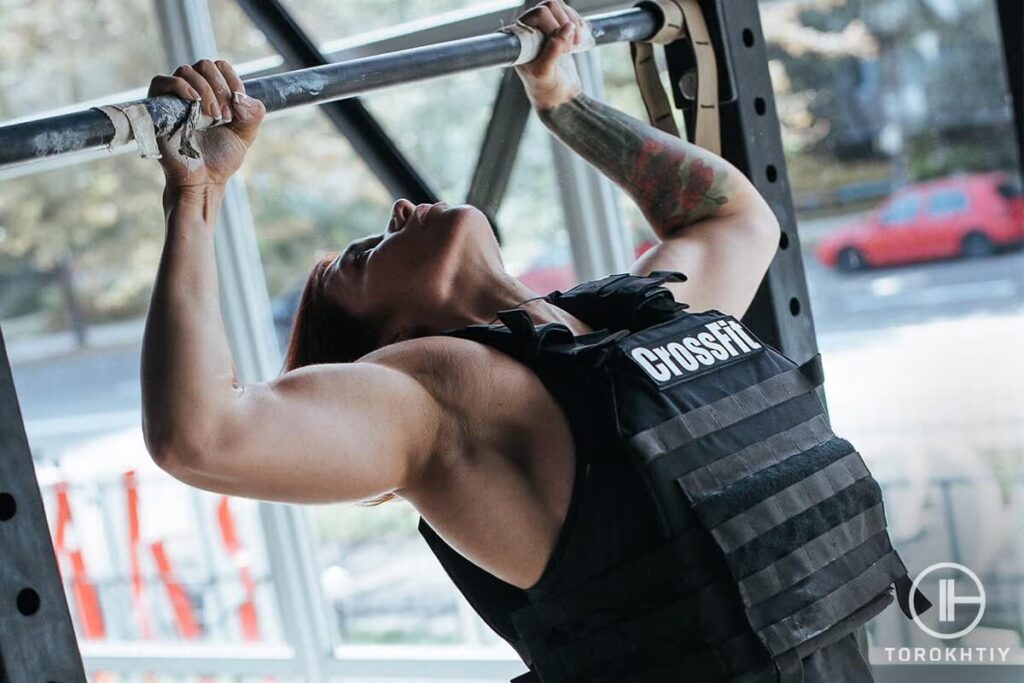
6. What Form is Better for Athletes to Take Herbs for Muscles?
You can choose between consuming herbs in pure form or as supplements, based on factors like absorption, convenience, and effectiveness.
The form of herbs that you should choose should depend on your preferences, lifestyle, and individual needs – basically form does not matter, just choose what seems to be the best option for you and change it if you don’t like it. Here are some commonly available forms:
- Powders: Some herbs, such as beetroot and ashwagandha, are available in powdered form. You can mix these powders into smoothies, shakes, or other beverages.
- Capsules and Tablets: Many herbal supplements come in capsule or tablet form, which gives you a convenient and precise dosage. This form is ideal for athletes who prefer a quick and easy way to take their supplements.
- Juices/Drinks: Some supplements, like beetroot extract, are available in juice form. Athletes can consume these juices as part of their pre-workout routine.
FAQ
What Herb Helps Relax Muscles?
Curcumin has anti-inflammatory and muscle relaxant properties. Inflammation can lead to muscle tension, so by lowering inflammation and relaxing muscles, curcumin can help to improve muscle function and reduce pain – but remember that inflammation is not as bad as many people believe – it’s a crucial part of human recovery.
If electrolytes levels are ok and you’re getting muscle spasms, or tightness, you can try turmeric and see how it goes. You can add turmeric to your food, or you can take a turmeric supplement. Remember though, that proper hydration and electrolyte balance is key and a 1kg of curcumin won’t help you if you are dehydrated or low in electrolytes.
What Herbs Loosen Tight Muscles?
As we already know curcumin can have a wide range of health benefits. One of them is to loosen tight muscles and help with muscle stiffness. This is because curcumin has anti-inflammatory effects. Inflammation can lead to muscle tightness and stiffness, so by lowering inflammation, curcumin can help to relax tight muscles and improve mobility.
What Herb Can Act Like A Steroid?
Tongkat Ali may “act” like a steroid by increasing testosterone levels. Its ability to increase testosterone levels has led to its reputation as a natural alternative to anabolic steroids but please don’t expect miracles :).
Note that the effects of tongkat ali on testosterone levels may vary among people, and it should not be used as a replacement for medical treatments or TRT if one is needed.
Conclusion
We both know how good and important it is to recover quickly from session to session. It sucks when you hit your session with sore muscles from a previous one. That’s where herbs can jump in. There are a few that can help you recover faster and improve your performance.
Beetroot extract, ashwagandha, rhodiola rosea, and turmeric are all great choices because of the strong science behind them. They can help reduce muscle soreness, improve exercise performance, and enhance muscle repair and growth.
So if you’re looking for a natural way to improve your recovery, you might consider giving these herbs a try…
Reminder… it’s always a good idea to talk to your doc or a dietitian before you start taking any new supplements, especially if you have any health conditions or/and are taking medications.
Everyone is different, so a personalized approach is needed to make sure you are getting what you need and you are not trying to compensate for bigger gaps in your diet/lifestyle ;).
Also read:
- Best Intra Workout Supplements
- Best Magnesium Muscle Relaxant
- Best Bcaa Before Running
- Best Tasting Bcaa Powder
- Best Antarctic Krill Oil
- Best Ashwagandha Supplement
- Best Amino Acids for Women
- Best Nitric Oxide Booster
- Best Supplements for Sore Muscles
References:
- Effects of Beetroot Supplementation on Recovery After Exercise-Induced Muscle Damage: A Systematic Review // Pubmed: https://pubmed.ncbi.nlm.nih.gov/34399653/
- Nitrate supplementation’s improvement of 10-km time-trial performance in trained cyclists // Pubmed: https://pubmed.ncbi.nlm.nih.gov/22248502/
- A prospective, randomized double-blind, placebo-controlled study of safety and efficacy of a high-concentration full-spectrum extract of ashwagandha root in reducing stress and anxiety in adults // Pubmed: https://pubmed.ncbi.nlm.nih.gov/23439798/
- Does Ashwagandha supplementation have a beneficial effect on the management of anxiety and stress? A systematic review and meta-analysis of randomized controlled trials // Pubmed: https://pubmed.ncbi.nlm.nih.gov/36017529/
- Effect of Ashwagandha (Withania somnifera) extract on sleep: A systematic review and meta-analysis // Pubmed: https://pubmed.ncbi.nlm.nih.gov/34559859/
- Rosenroot (Rhodiola rosea): traditional use, chemical composition, pharmacology and clinical efficacy // Pubmed: https://pubmed.ncbi.nlm.nih.gov/20378318/
- Anti-inflammatory effects of oral supplementation with curcumin: a systematic review and meta-analysis of randomized controlled trials // Pubmed: https://pubmed.ncbi.nlm.nih.gov/34378053/
- Eurycoma Longifolia as a potential adoptogen of male sexual health: a systematic review on clinical studies // Pubmed: https://pubmed.ncbi.nlm.nih.gov/28259255/
- Eurycoma longifolia (Jack) Improves Serum Total Testosterone in Men: A Systematic Review and Meta-Analysis of Clinical Trials // Pubmed: https://pubmed.ncbi.nlm.nih.gov/36013514/
- Eurycoma Longifolia as a potential adoptogen of male sexual health: a systematic review on clinical studies // Pubmed: https://pubmed.ncbi.nlm.nih.gov/28259255/
- Orally administered betaine has an acute and dose-dependent effect on serum betaine and plasma homocysteine concentrations in healthy humans // Pubmed: https://pubmed.ncbi.nlm.nih.gov/16365055/
- Dietary Nitrate Intake Is Positively Associated with Muscle Function in Men and Women Independent of Physical Activity Levels // Pubmed: https://pubmed.ncbi.nlm.nih.gov/33760920/
- Influence of piperine on the pharmacokinetics of curcumin in animals and human volunteers// Pubmed:https://pubmed.ncbi.nlm.nih.gov/9619120/
Why Trust Us?
With over 20 years in Olympic Weightlifting, our team does its best to provide the audience with ultimate support and meet the needs and requirements of advanced athletes and professional lifters, as well as people who strive to open new opportunities and develop their physical capabilities with us.
By trusting the recommendations of our certified experts in coaching, nutrition, dietology, and sports training programming, as well as scientific consultants, and physiotherapists, we provide you with thorough, well-considered, and scientifically proven content. All the information given in the articles concerning workout programming, separate exercises, and athletic performance, in general, is based on verified data. We ensure that you can rely on our professionals’ pieces of advice and recommendations that can be treated as personalized ones which will benefit you and fully meet your needs.
The product testing process is described in more detail here
Author: Jacek Szymanowski
Certified Nutritionist,
M.Sc.Eng. Biotechnology
Performance Architect,
Strength and Conditioning Specialist
With over 30 years of fighting experience, specialization in nutrition coaching for athletes, and expertise in metabolic health and dietary strategies, Jacek offers a comprehensive approach to optimizing your performance and well-being. Backed by a Master of Science degree in Biotechnology, Jacek remains at the forefront of scientific advancements, ensuring that his coaching is always evidence-based and up-to-date.

